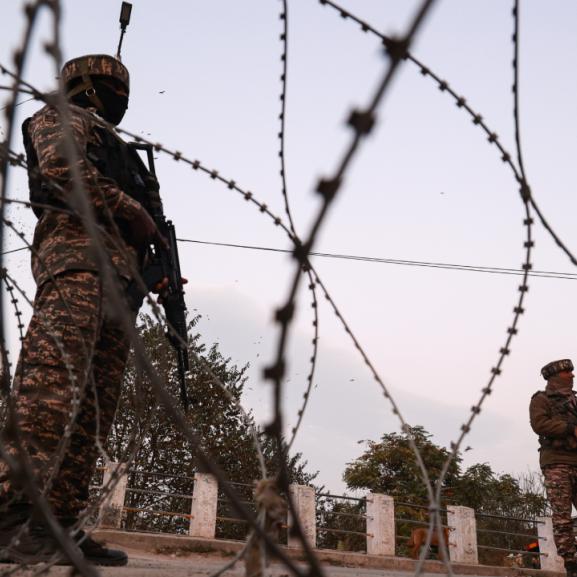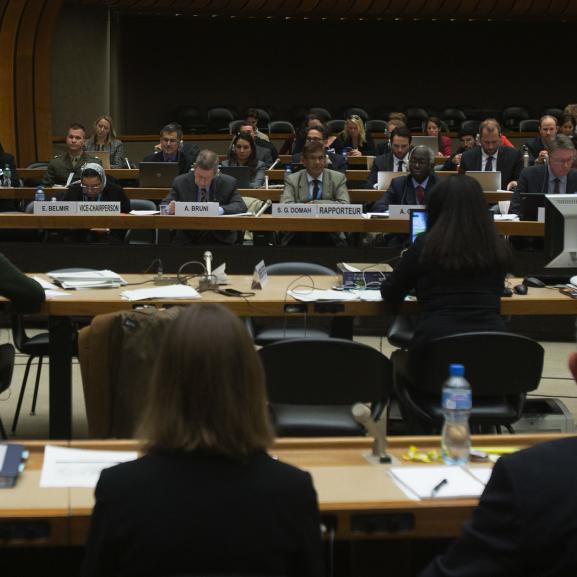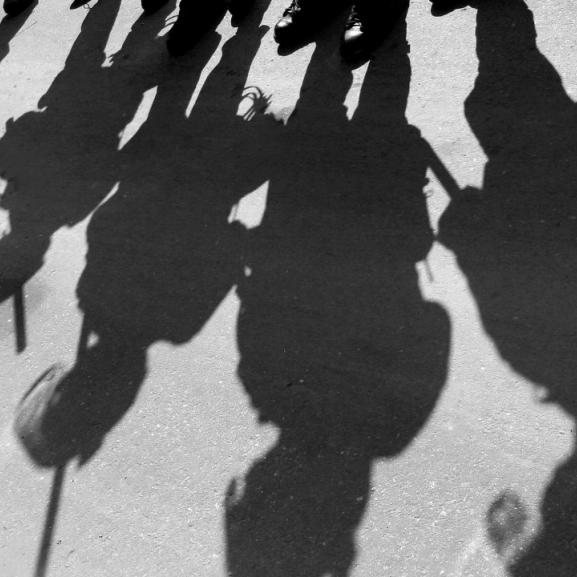Freedom from Torture attends Global Summit to End Sexual Violence in Conflict
Freedom from Torture fully supports next week's Global Summit to End Sexual Violence in Conflict, the largest gathering ever brought together on this difficult subject.
The Summit, led by UK Foreign secretary William Hague and Angelina Jolie, will be an opportunity for delegations from 148 countries who have signed up to the Declaration to End Sexual Violence in Conflict to attend, to hear from and discuss the issues with survivors, experts and their peers from other governments. It is a chance to devise, announce and commit to initiatives aimed at addressing sexual violence in conflict and to find funding for this crucial work.
The Protocol which will be launched at the Summit, and on which Freedom from Torture has given extensive advice to the FCO, is potentially an important tool in the eradication of sexual violence in conflict. Its focus is on establishing standard principles for documenting sexual violence in conflict as an international crime.
The Survivor's Speak OUT network – a group of torture survivors and former Freedom from torture clients, who use their lived experience to advocate on behalf of other survivors - has also been closely involved in developing the Protocol. This represents an important step towards achieving a position where survivors are no longer seen as 'victims' who are silenced and stigmatised, but are empowered to speak out and play a vital role in shaping solutions.
The Survivor's Speak OUT network – a group of torture survivors and former Freedom from torture clients, who use their lived experience to advocate on behalf of other survivors - has also been closely involved in developing the Protocol. This represents an important step towards achieving a position where survivors are no longer seen as 'victims' who are silenced and stigmatised...
The Summit does have its limitations though. Freedom from Torture's latest research, provides evidence of the widespread use of rape and other sexual forms of torture in areas of the DRC not directly affected by the conflict (especially Kinshasa). This raises concerns about the normalisation of sexual violence in countries affected by conflict and the prevalence of sexual violence, including sexual torture by 'state' perpetrators, in areas outside the conflict zone itself. Freedom from Torture is concerned that by limiting resources and focusing initiatives on only the conflict zone itself, wider, more systemic issues that lead to sexual violence, including sexual violence amounting to torture, may not be addressed.
Jean-Benoit Louveaux, Freedom from Torture's Policy and Advocacy Manager, said:
"The Summit is only a first step on what is likely to be a very long road and should not be viewed as a one-stop solution. For the Summit to be judged a success there needs to be long-term funding for initiatives aimed at addressing sexual violence in conflict. For example, in relation to the Protocol, there needs to be adequate resourcing of trained interviewers to collect forensic evidence to a high standard and support for survivors who disclose sexual violence.
There also needs to be a framework for monitoring such initiatives and for holding to account states that fail to comply with their commitment to end sexual violence in conflict. This is particularly important for States like the DRC who have already committed to various initiatives on tackling sexual violence and torture but as our new research shows have failed to implement them effectively.
We are hoping that the Summit can be an opportunity to remind the DRC Government of its existing commitments to tackle sexual violence and torture and to help secure the international assistance to enable and encourage the DRC to fulfil those commitments."






